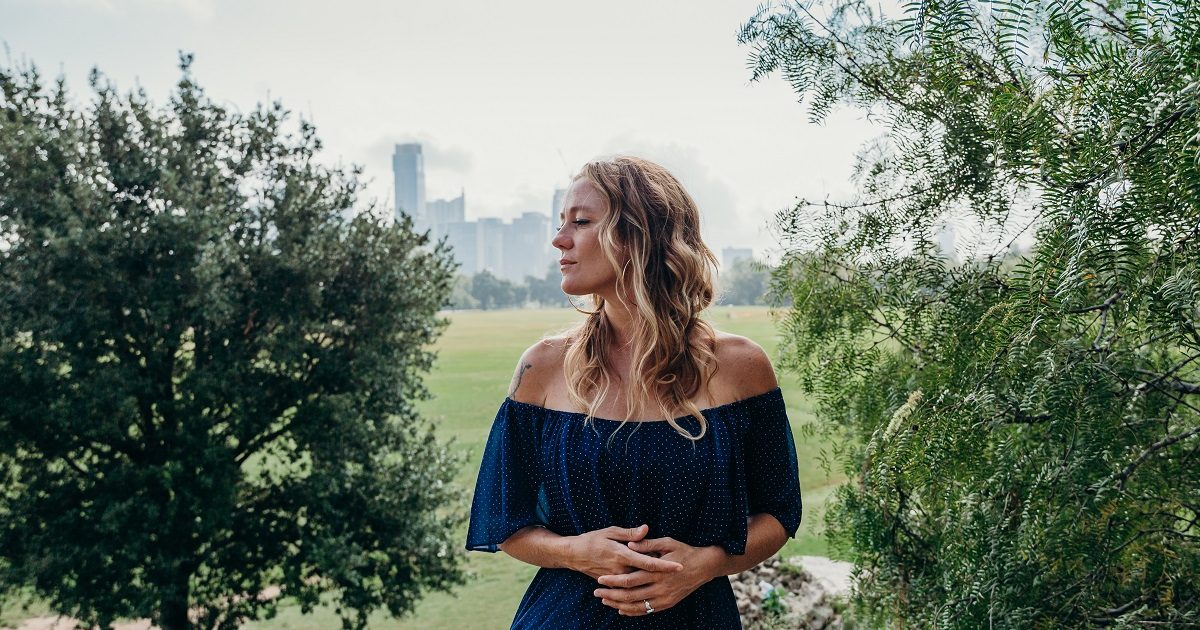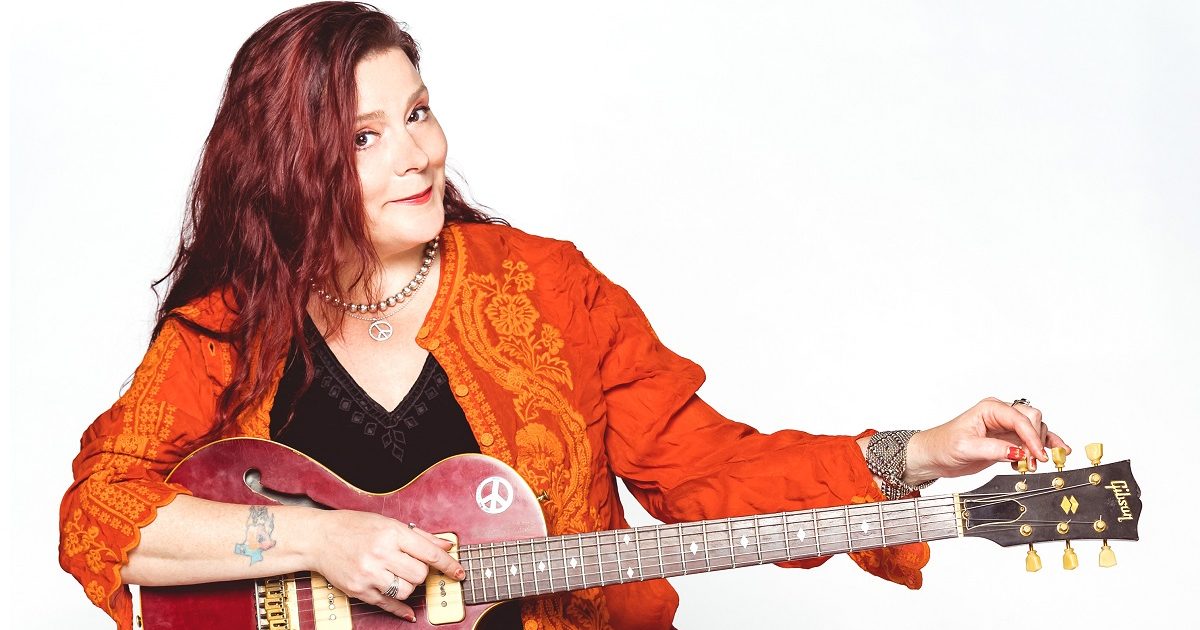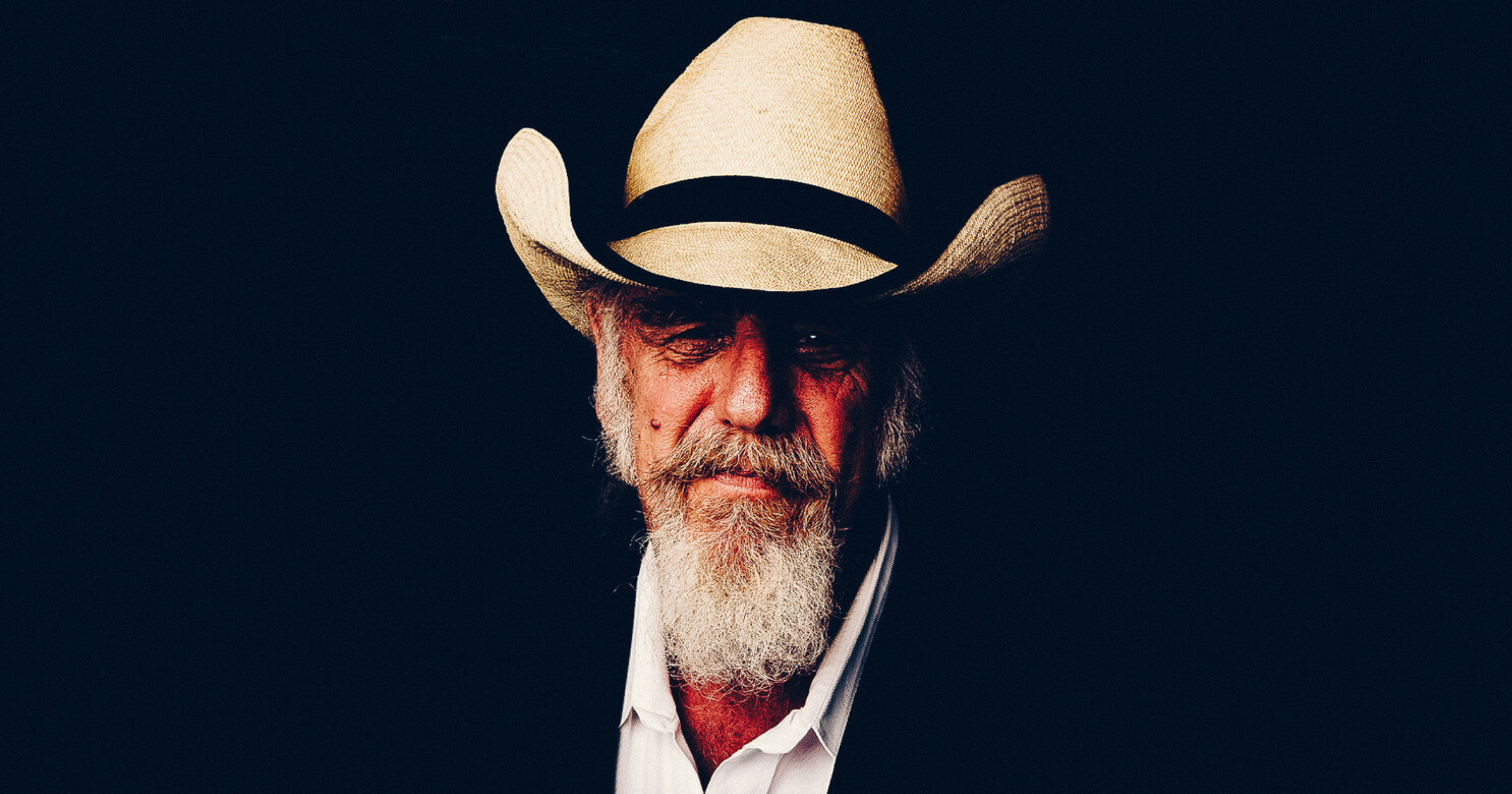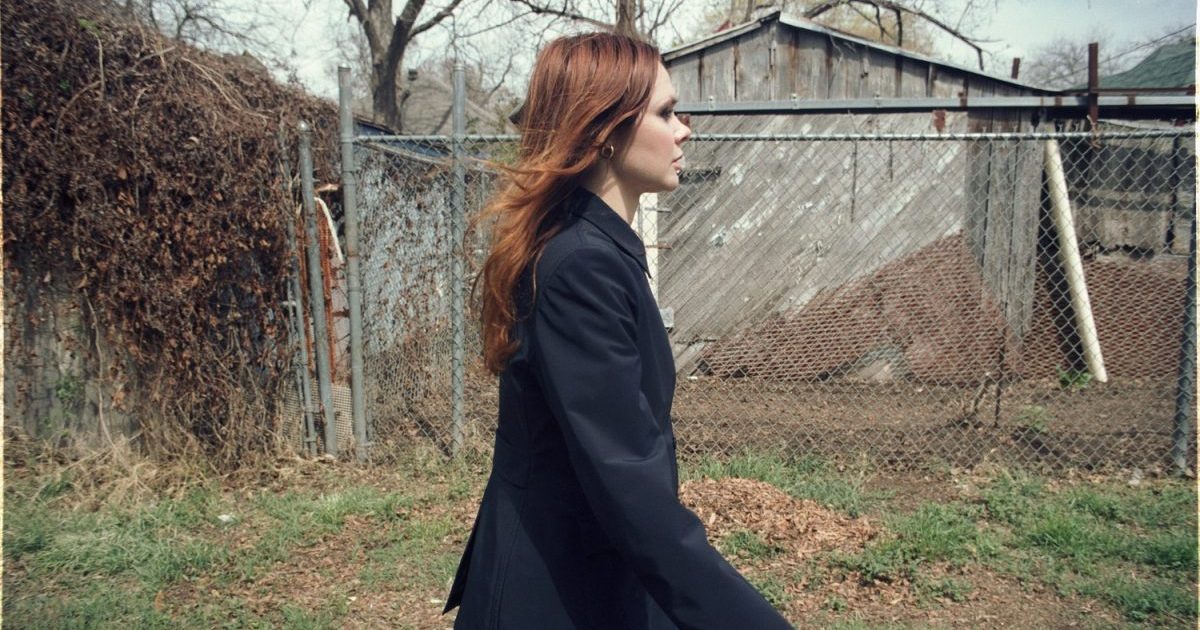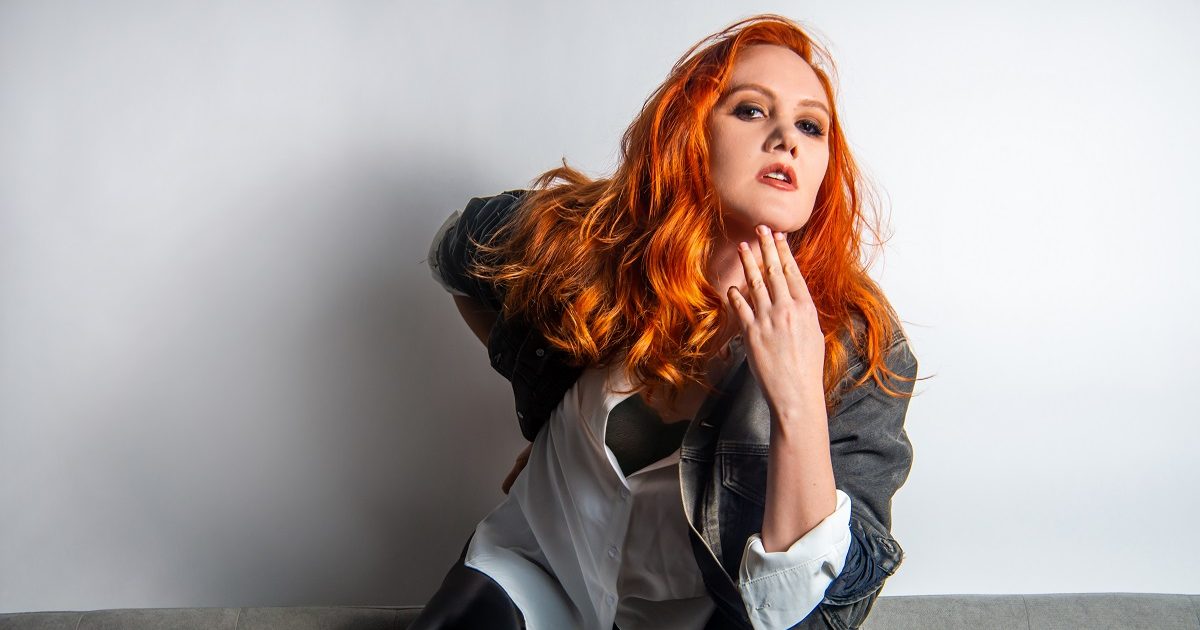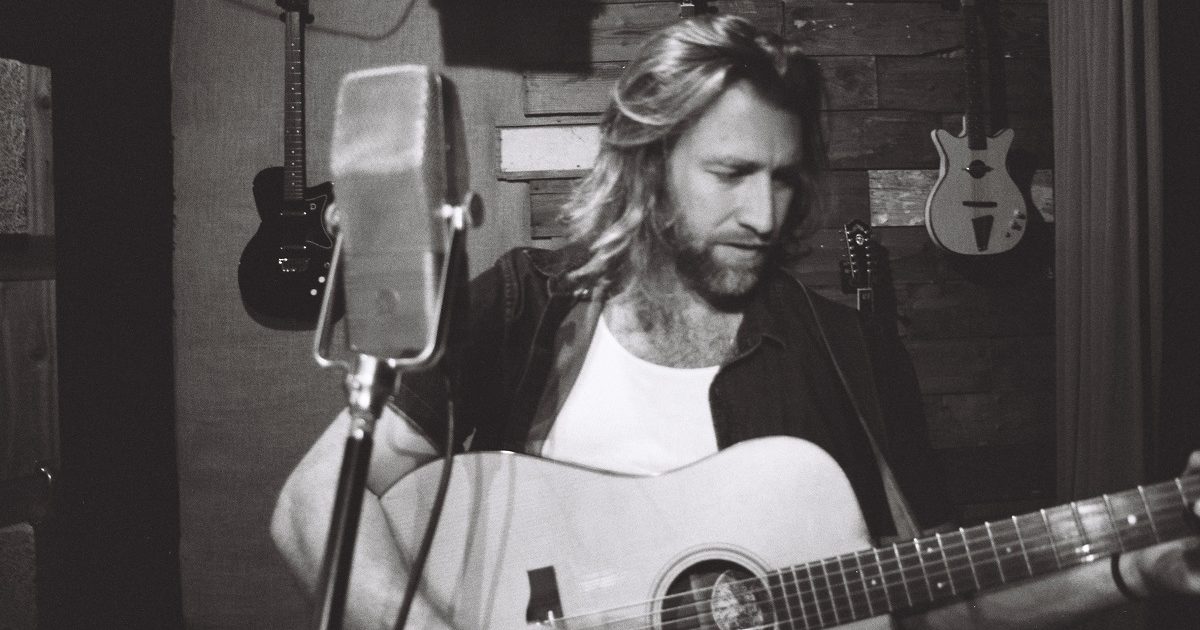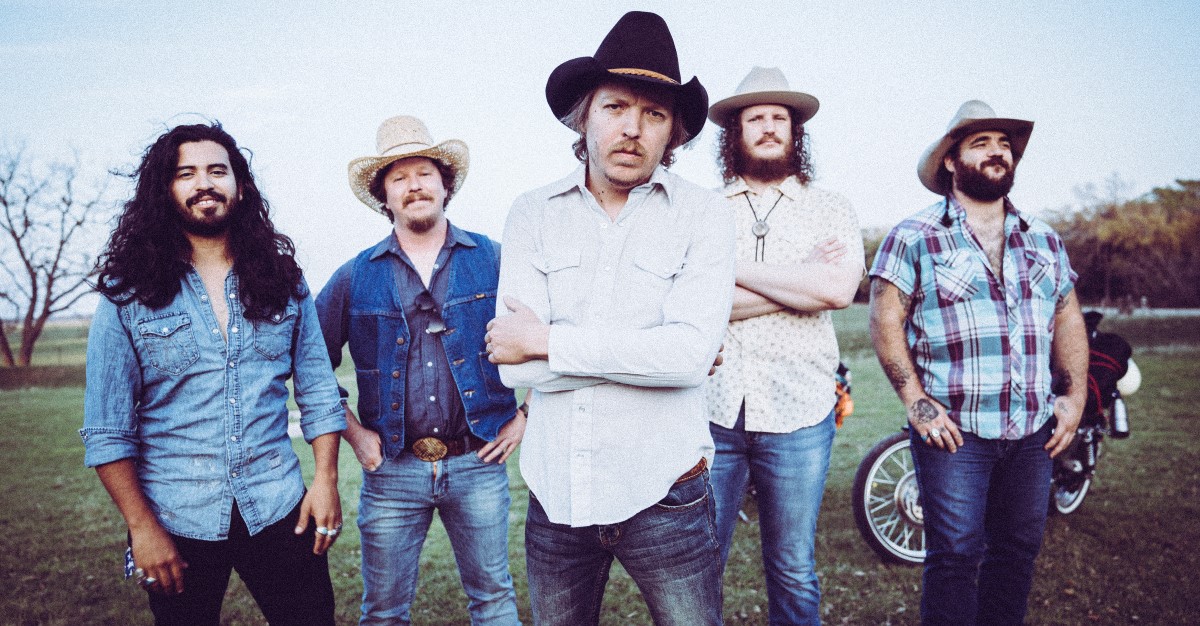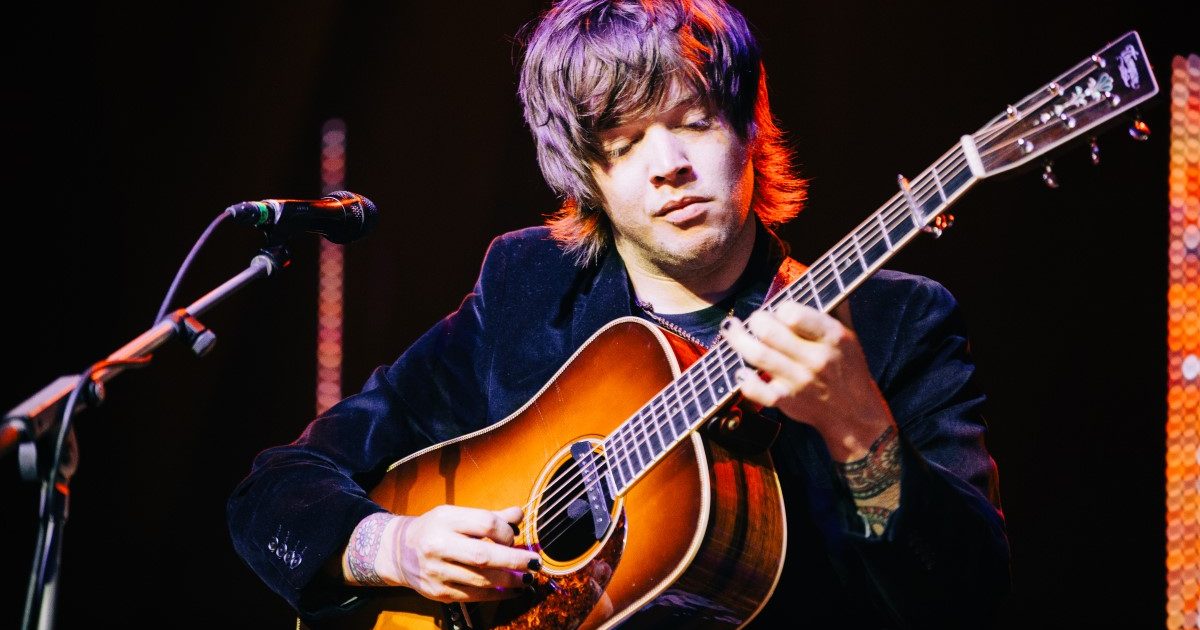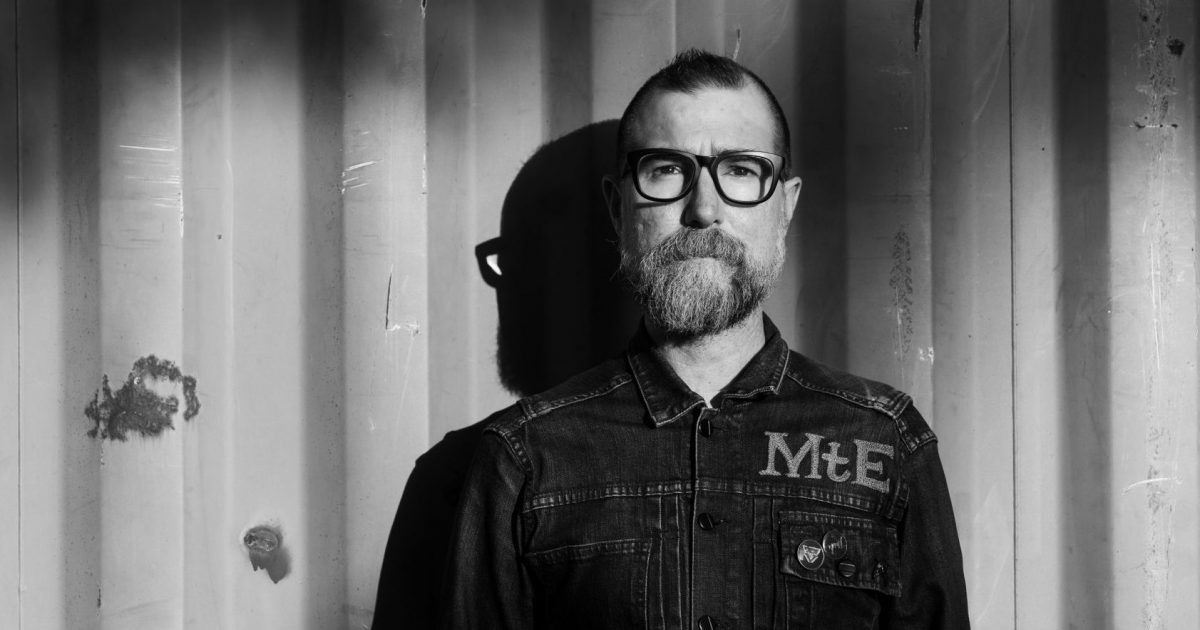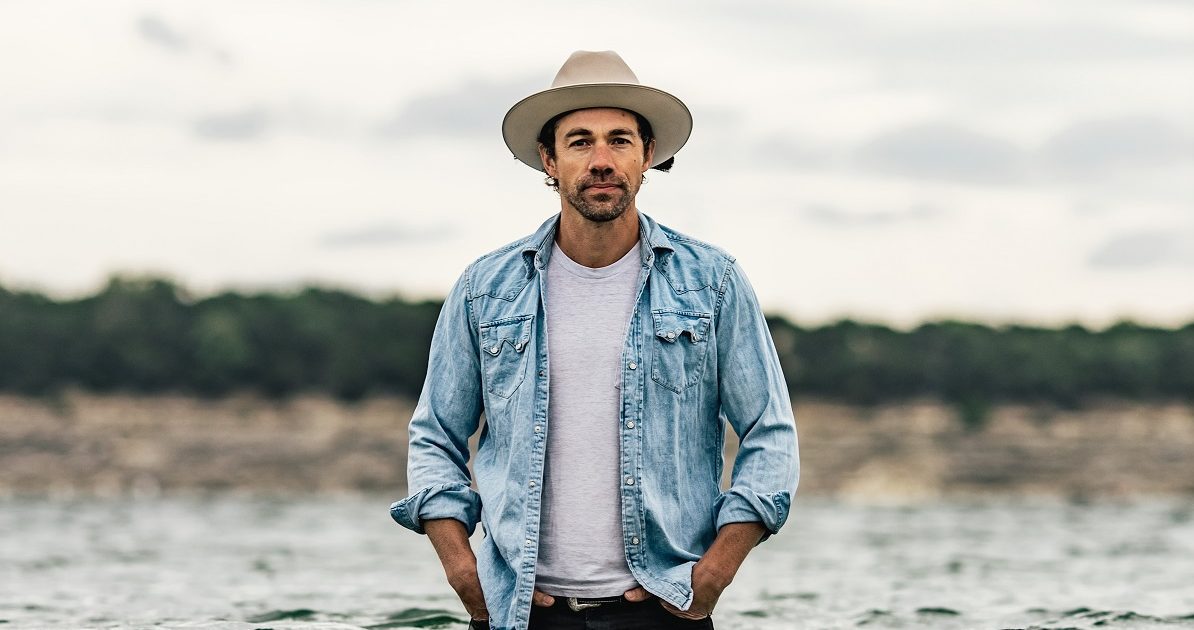The roots music community, like the rest of the world, faced an uncertain future as the pandemic essentially wrecked everybody’s plans in 2020. However, a number of musicians and industry leaders figured out a way to navigate the uncharted waters with grace and bravery. The Bluegrass Situation invited five members of the roots community to share their thoughts on how they harnessed their creativity and embraced innovation over the last 12 months.
Billy Strings, Winner of “Breakthrough Artist of the Pandemic” at the 2021 Pollstar Awards:
It was almost kind of a welcomed break, you know? I was tired, man. We had toured our asses off and I was like, I don’t know if I can do this anymore. Then all of a sudden, this stuff happened and we got a big break. And now I realize how lucky I was. Now there’s nothing I’d like more than to be stuck in some hotel room somewhere after a gig with some random folks at 3 o’clock in the morning, just hanging out and having a good-ass time.
For one thing I wanted to get the quality [of livestreaming] better than what I could do at my house. It started with just me on my couch playing, and the next thing you know we’re doing that tour where we’re playing the Exit/In and gigs around Nashville. It was kind of cool and eerie and weird. I’m just thinking, I know there are people out there watching us, but they’re not here and I can’t see them. When you’re used to playing for crowds, it’s like, man, this sucks! [Laughs]
We did debut a lot of songs at the Capitol Theater when we did our gigs there in February. We played like 16 brand new songs when we were over there. … People will go on fan pages and say, “Holy shit, did you hear that song?!” I don’t want to pay attention too much to that, because it just feels like you’re playing for the internet, but then it is good to get a good little gauge on what songs they’re digging.
Mercy Bell, Singer-Songwriter and Cast Member of the New Documentary, The Sound of Us:
I think a fallow season is really important for everyone, or we’re producing from an empty well. Not of creativity, I think creativity is always there, but contrary to popular opinion of the tortured and manic creator, even artists need to sleep and drink eight glasses of water a day. Like all of us, I spent 2020 trying to survive. I had a nervous breakdown. I lost my job. I had a heartbreak. I turned to art, pop culture, movement, exercise, my cats, meditation, to keep me going. …
There was a period of time I didn’t know if I’d make it. I was in a pretty dark place before I got some new treatment for my mental health. I was obsessively walking 14 miles a day, really scared, really not wanting to be alive, in quarantine far from my family, unemployment wasn’t coming through. Scheduling livestreams gave me something to look forward to. Playing music to my supporters, all over the world, it made me feel less alone. I don’t know how any performance will ever beat that. We really needed each other. Singing to people gave me a reason to keep going in the most literal sense. And my supporters also kept me fed! All those $5 tips kept groceries in my fridge. And then Netflix and podcasts, Cardi B’s “WAP,” and my cat kind of saved me. It gave me something to look forward to. That’s the power of art and pop culture, and pets. It cuts through to places we can’t get to. It got me through each day, one day at a time.
Without giving too much away, The Sound of Us spotlights a variety of musicians and the incredible impact their work (or lack thereof because of COVID) has. Some of those highlighted include folks working to bring music to underprivileged neighborhoods, into prisons and hospitals, working on researching lost works of art from the Holocaust and other genocides, and of course, how musicians were affected by institutional racism and the pandemic. When I saw the screening, I cried all my eye makeup off. It’s an incredibly emotional and profound documentary. I am so proud to have been part of it.
Robert Meitus, Co-Founder and VP of Industry Development of Mandolin.com:
Roots music fans tend to have a strong connection with artists and a desire to connect frequently and deeply. Additionally, the nature of roots music itself is built around intimacy, vulnerability and honesty, so that desire for connection really runs both ways. Mandolin’s vision has always been to build a space in the digital world where the noise of the industry fades away; one where a musician and their fans can connect not only through a concert stream, but through other unique experiences like interactive/online VIP events, soundchecks and workshops with artists.
Specifically, Mandolin started with a name that is itself an acoustic instrument and a workforce full of people who had worked a lot with roots music, including among others: myself, representing as an attorney artists such as John Prine, I’m With Her, and Keb’ Mo’; Jason Wilber, longtime guitarist for John Prine; and Larry Murray, formerly of the Luck Reunion. The name and connections naturally led us to develop the roots music connections in our first year, although Mandolin’s technology and services are certainly applicable to all music genres.
I have been a bit surprised at the almost uniformly positive views about integrating streaming into the live festival experience. It helps that cameras have been in place on and around stages for many years already, largely for the IMAG projections on the sides of stages, so musicians are used to this. COVID introduced livestreaming technology and practices to the music world at a much faster rate than would have been the case otherwise, and we have all learned how technology can connect us around the world and accommodate those that may be challenged to attend an event in person. The result is that, coming out of the pandemic, I believe bluegrass and other festivals will be more interested in the hybrid livestream for all sorts of reasons. This may be a bold claim, but I would expect that almost every festival — roots or otherwise — will have a virtual experience component. Think about it: with a phone in hand, every single fan is a digital fan, whether they are streaming at home or on the festival grounds.
Jackie Venson, R&B/Soul Artist and Guitarist from Austin, Texas:
I was pretty well-versed in livestreaming pre-pandemic. I had a series called Jackie Venson Live on Thursdays, which was an effort to help sell tickets to my album release at the Paramount in Austin, Texas, in 2019. I saw the potential in it when it first came out in 2014. I attempted to livestream a concert from Berlin, Germany, but the technology just wasn’t there yet so it was a really bumpy experience. I remember feeling really grateful that the technology existed when the pandemic was ramping up so that I could keep performing once there was no option for in-person shows. There was literally nothing else to do, and when there’s nothing to do I lose my mind and default to the first thing I can think of, which in this case was filling the performance void with livestream performances.
I used my Austin City Limits TV performance as a platform for Black Lives Matter because that episode will be rerun and it’s important to me that this message doesn’t die. The response overall was positive; of course there were some naysayers but that’s why we need to keep repeating the message. During the pandemic I received overwhelming support and positive feedback from the Austin music community. Everyone was on the same page and it seems as though things are changing for the better. I will absolutely continue to stream from home when possible, and I plan to livestream some of my shows from the road for those who want or need to stay home. I think livestreaming will be a staple in the world of live music. It makes live shows accessible to those who are unable to come out due to economic, accessibility, or other issues. (Read the BGS interview.)
Aengus Finnan, Executive Director of Folk Alliance International:
Everything was upside down last year, but the greatest challenge was envisioning and delivering an event we had never done, with half the staff, all new software, no roadmap, and little sense of whether anyone would want to gather online 11 months into a Zoomed-out pandemic. Being able to offer a sliding scale registration fee, including free, was absolutely necessary given how hard hit our community was, and despite that approach, we exceeded our modest revenue goals to cover the costs of the new online systems we used. The most rewarding element was definitely having new artists and industry join us for the first time, and to see a sharp increase in BIPOC and marginalized community representation across all panels. That happened because we were able to extend invitations to participate in more accessible ways. We were also thrilled to finally provide honorariums to all panelists this year, which we are committed to continuing.
Personally, it’s a joy to see FAI play a part in curating, commissioning, and compensating artists for meaningful new content and partnerships, which is the central aim of our Artist In Residence program — playfully renamed Artists in (Their) Residences this year for the pandemic. There were certainly some artists we approached who simply don’t do co-writes, some for whom the online process felt odd, and others who, while flattered, were simply too busy with other projects or recordings. But for the most part, there was instant interest, especially when they knew that one of their peers had selected or recommended them. The cross-border collaboration as part of a bigger collective project, reflecting on a traumatic year, with the added element of raising awareness for The Village Fund to support the community rang a lot of “count me in” bells.
We are already full steam ahead with a hybrid event this year, and we’re not looking back. Our focus will naturally be on ensuring that the in-person event is top-notch and delivers the experience we all know and love, but there are thousands of people who can’t attend each year, for myriad reasons, and providing online content, as well as live-streamed and interactive content enables more community engagement, participation, and inclusion, and builds bridges and connections that folks will use as an entry point leading to the growth of our genre and industry. While daunting, we’re excited about the opportunity to innovate what we do and offer, and who we can reach.
Photo of Billy Strings by Emma Delevante
